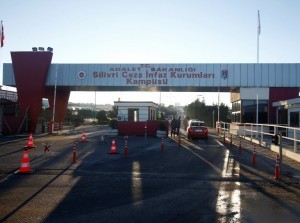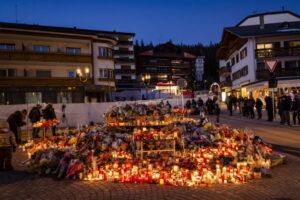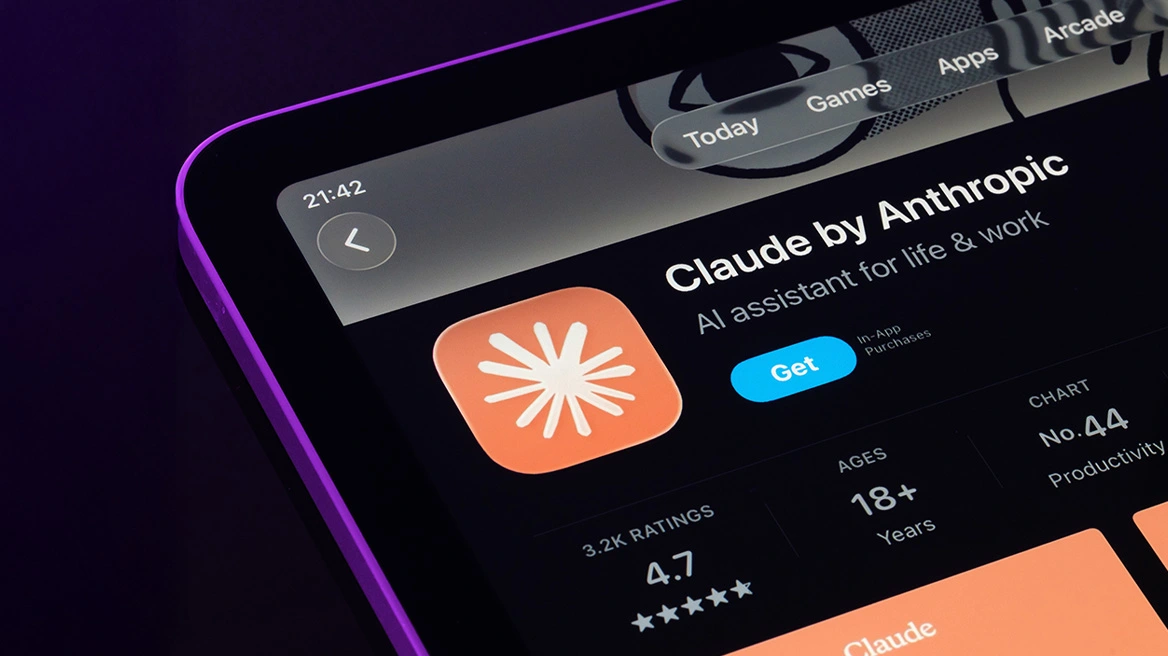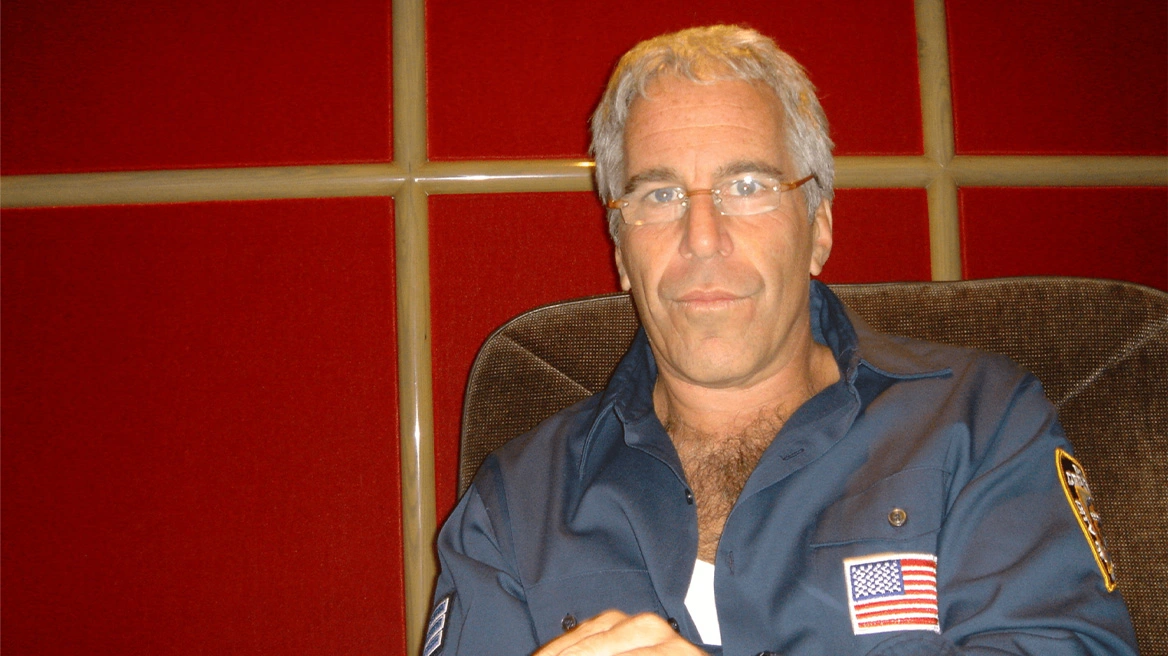I have been a member of Turkish Parliament representing Istanbul for the opposition Republican People’s Party for the past six years. It has forced me to become a specialist in the Turkish prison system as President Recep Tayyip Erdogan’s Justice and Development Party (A.K.P.) government has increasingly persecuted politicians, activists, professionals and all sorts of citizens who oppose his rule and arrested thousands after the failed coup attempt last July.
My morning begins with reading the news; looking for court appearance dates for detained parliamentarians, journalists and academics; and checking a website where the government posts its decrees and the names of people who are about to be purged from the government, the military, hospitals, banks, schools and other institutions.
Permission to visit a Turkish prison is granted by the minister of justice after an application providing the names of prisoners and suggested dates for the visits. With the numbers of arrests increasing every day, you have to be careful not to confuse a prisoner’s name or location. The slightest mistake invalidates the permit.
I began by visiting five political prisoners in 2011. Now I visit over 50, who form a tiny fraction of the detainees. Among those I visit are journalists from the newspapers Cumhuriyet and Birgun, which are critical of Mr. Erdogan’s government. One of them is Musa Kart, a cartoonist at Cumhuriyet, who has been imprisoned along with 11 colleagues since October; they are facing the charge of “aiding an armed terrorist organization without being its members.” Prosecutors are demanding up to 29-year prison sentences.
The charges against the arrested writers and journalists are farcical at times. The criminal evidence against Atilla Tas, an imprisoned columnist, included one of his tweets: “Edison wouldn’t have invented the ‘light bulb’ if he saw these days!” The electoral symbol of the A.K.P. is a light bulb. The court ordered Mr. Tas’s release on his first hearing in late March. The judges in his case were removed from office the same day. He was rearrested in a new investigation as he prepared for his release from a prison in Istanbul. He is still in jail, waiting for his next trial.
There are so many writers, journalists and other professionals in Turkish prisons that 38,000 inmates convicted of fraud, rape, theft, looting and extortion were released before finishing their sentences to make room.
Visitors get 20 minutes with a prisoner. Including a prisoner’s transfer from his cell to the visitation room and back, it takes about an hour. To see 20 prisoners, one has to camp nearby for a few days. As no food or drinks are allowed inside the prison, I carry biscuits in my car.
I often visit Silivri prison, which is about 60 miles from my home in Istanbul. I pass through all manner of security checks, including an eye scan. Entrance checks are the hardest for me. Since a train accident some years ago, I use prosthetic limbs, which set off a loud noise from security devices.
I am allowed to carry only a notebook and a pen. Prisoners are not allowed to write in my notebook or share any written notes. I take notes of what they would like to convey to their loved ones and lawyers.
The rules of the visit keep changing. For instance, visiting days are Wednesday and Thursday, but the prison officials may decide to interpret “and” as “or.” Even the prison guards are afraid. If you ask for a glass of water, they will not give it to you, to avoid accusations of being nice to the opposition. Many have been fired since the coup.
Naked-body searches of prisoners are common. The government routinely releases photographs of prisoners handcuffed behind their back. Amnesty International and Human Rights Watch have reported the ill-treatment and torture of prisoners. Inmates are made to stand on their knees, beaten with batons and deprived of sleep until they sign the confessions put in front of them.
Access to health care in prison is arbitrary. The symptoms of an illness are determined not by the doctor but by the ministry of justice. To go to a doctor, severely ill inmates spend hours squeezed into a van with their hands cuffed behind them.
L.G.B.T.I. individuals are put in isolation so that they “do not infect us with AIDS and syphilis.” In 2015, 43 people committed suicide in Turkish prisons; in 2016, the number rose to 66, according to government data.
Inmates have no privacy, not even access to a private toilet. Surveillance cameras zoom in on the cell door, window and beds; inmates are watched even as they sleep. Covering cell windows with newspaper or putting up a curtain is forbidden.
Despite long arbitrary detentions — in some cases up to 10 months — indictments have not been prepared. Prisoners are allowed to speak with their lawyers for only one hour a week. Many can’t afford a lawyer, and some lawyers assigned to the inmates by the state show little interest.
Prisoners aren’t allowed to write letters. They aren’t even allowed together for a break in a prison yard. Inmates have the right to 10 books a week, but they get a book a month. I heard an inmate being told, “The book is not available, but the author is here if you are interested.”
Ask me anything
Explore related questions






